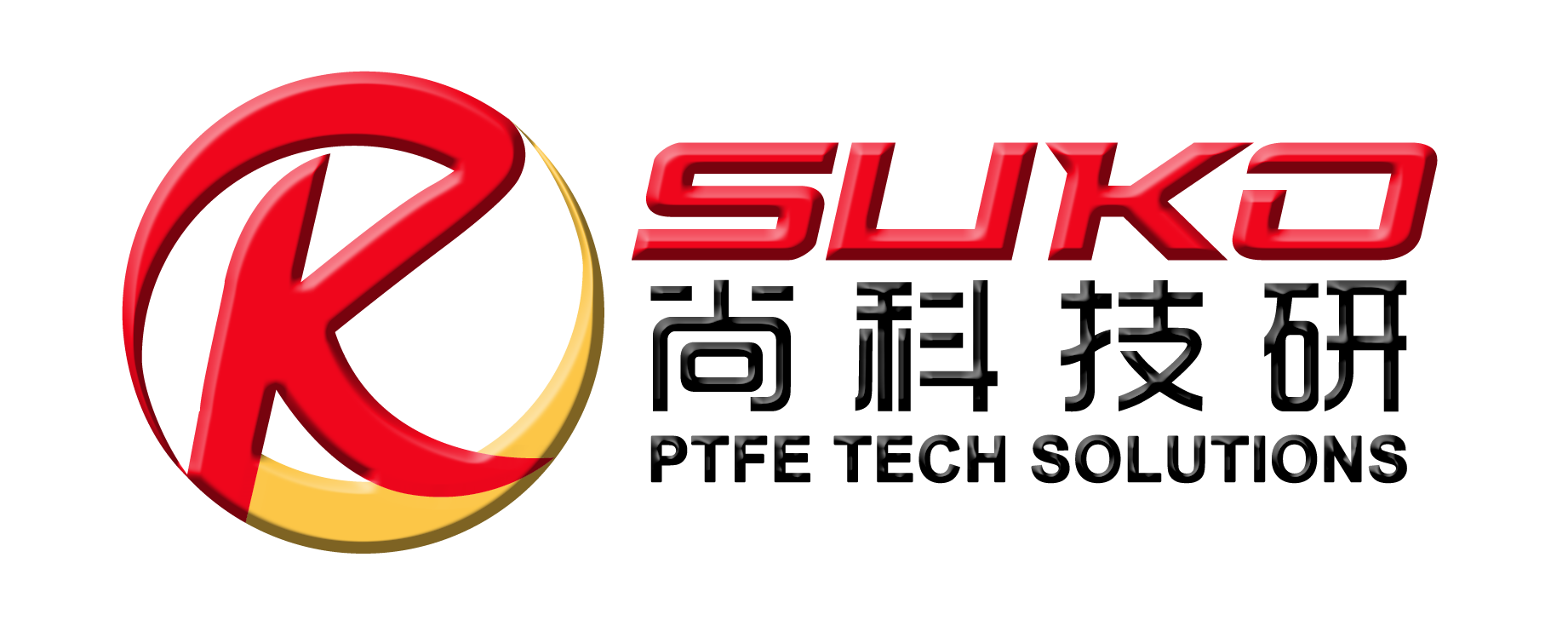Why Custom PTFE Lines Outperform Standard Models in Pharma Production
Introduction: Solving Critical Challenges in Pharmaceutical Fluid Transfer
Custom PTFE-lined pipes and hoses have become indispensable in pharmaceutical manufacturing, where contamination risks, chemical compatibility, and regulatory compliance directly impact product safety. This article explores how tailored PTFE flexible hose solutions address limitations of standard tubing in sterile environments, supported by technical data and industry benchmarks[1][4].
Key Advantages of PTFE in Pharma Applications
Chemical Inertness and Purity
Polytetrafluoroethylene (PTFE) demonstrates unmatched resistance to:
- Aggressive solvents (e.g., dimethyl sulfoxide, acetone)
- High-pH cleaning agents (e.g., sodium hydroxide solutions)
- Bioreactor media and APIs
Table 1: Chemical Compatibility Comparison
| Material | HCl Resistance | NaOH Resistance | Solvent Stability |
|---|---|---|---|
| PTFE | Excellent | Excellent | Superior |
| Silicone | Poor | Good | Moderate |
| PVC | Moderate | Poor | Poor |
Data source: ASME BPE-2022 Standard for Bioprocessing Equipment[1]
Temperature and Pressure Performance
Custom PTFE-lined hose configurations withstand:
- Temperature: -100°F to 500°F (-73°C to 260°C)
- Pressure: Up to 150 PSI (10.3 bar) in vacuum/pressure hybrid systems
How Customization Enhances Pharma-Grade Performance
1. Optimized Geometry for Specific Applications
| Parameter | Standard PTFE Hose | Custom PTFE-Lined Pipe |
|---|---|---|
| Inner Diameter | Fixed sizes | 0.25" to 12" tolerance |
| Bend Radius | Limited flexibility | Equipment-matched curves |
| Surface Finish | 15-35 Ra µin | <10 Ra µin (ASME BPE) |
Case study: A vaccine manufacturer reduced particulate contamination by 72% after switching to custom PTFE flexible tubing with electropolished interiors[4].
2. Sterility Assurance Features
- Seamless designs: Eliminate crevices in PTFE lined pipe joints
- Inline sterilization: Withstand 100+ SIP (Steam-in-Place) cycles
- Traceability: Lot-specific material certifications (USP Class VI, FDA 21 CFR 177.1550)[3]
Implementation Scenarios and ROI Analysis
Bioreactor Transfer Lines
- Challenge: Protein adhesion in standard silicone tubing
- Solution: Custom PTFE-lined hose with 0.02 friction coefficient
- Outcome: 41% longer continuous run times between cleanings
Filling Line Applications
- Standard model issue: Leaching plasticizers in PVC tubing
- Custom PTFE result: 99.9% purity retention over 18-month lifecycle
ROI Comparison:
| Metric | Standard Hose | Custom PTFE Line |
|---|---|---|
| Annual downtime cost | $182K | $47K |
| Batch rejection rate | 3.8% | 0.9% |
| Maintenance hours | 120/month | 35/month |
Data adapted from PharmTech 2024 industry survey[4]
Compliance and Validation Considerations
Cleaning Validation Support
- Material certificates: USP , ISO 10993-5 cytotoxicity reports
- Surface test data: SEM/EDS analysis for residue-free design
Regulatory Alignment
- FDA GMP: 21 CFR 211.65 (equipment construction)
- EU GMP Annex 1: Contamination control in sterile products
FAQ: Addressing Common Pharma Engineering Concerns
Q: How does PTFE lined hose performance compare to stainless steel in CIP systems?
A: Custom PTFE flexible hose reduces weight by 60% while maintaining equivalent SIP cycle durability[1].
Q: What certifications verify pharmaceutical-grade PTFE quality?
A: Require suppliers to provide:
- USP Class VI biocompatibility testing
- FDA Drug Master File (DMF) references
- 3.1 Material Certificates per EN 10204
Conclusion and Next Steps
Pharma manufacturers achieving >99.5% batch success rates consistently use custom PTFE lined pipe solutions for:
- Reducing contamination risks in sterile processing
- Extending maintenance intervals by 3-5× vs. standard models
- Simplifying audit compliance with full material traceability
Actionable recommendation: Audit your current fluid transfer lines using this checklist:
- [ ] Verify surface roughness ≤15 µin
- [ ] Confirm USP Class VI/EP 3.1A certification
- [ ] Map all connection points for crevice risk
[1] ASME BPE-2022 Bioprocessing Equipment Standard
[3] FDA CFR Title 21 Part 177 - Polymer Compliance
[4] PharmTech 2024: "Advanced Materials in Biomanufacturing" Survey
Post time: Apr-08-2025

